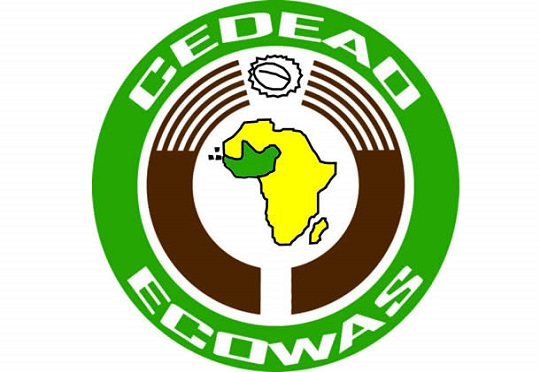Photographer captures the Milky Way in one of the UK's darkest places
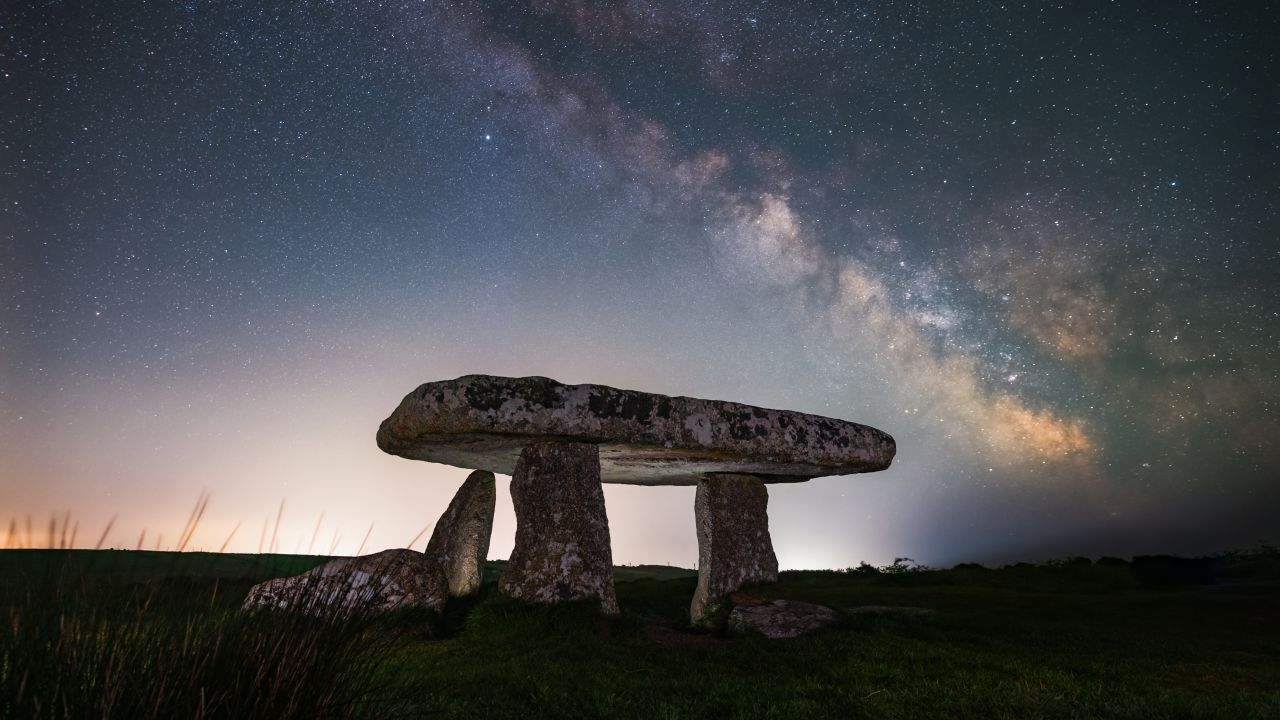
Photographer captures the Milky Way in one of the UK's darkest places
For the last hundred years, pollution from artificial light has seeped into the night sky and wildlife are suffering. While light pollution is still growing at a rate of 10% every year, insects, birds and turtles are all affected and the health consequences on human beings of artificial light are being increasingly documented. Now, DarkSky International is leading the global effort to protect areas from its effects. CNN travels to the West Penwith Dark Sky park with astrophotographer Aaron Cherrie to witness the beauty of a truly dark night sky.
03:31 - Source: CNN
Call to Earth 15 videos

Photographer captures the Milky Way in one of the UK's darkest places

A long-lost woolly giant returns to the UK

Saving one of the oldest living creatures on Earth
Monitoring killer whales with AI

The race to save the African penguin
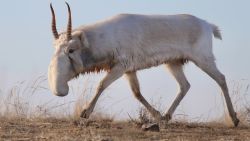
Saving saiga in Kazakhstan's 'Golden Steppe'

Call to Earth: Kings of the forest
The comeback of the humpbacks

Hope for koalas after bushfires
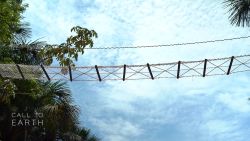
Building bridges to protect Brazilian primates

Children from around the world unite to celebrate the planet
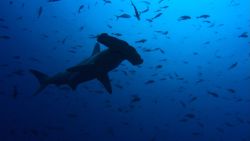
Protecting an odd-looking and endangered ocean predator

Protecting Hong Kong's marine life
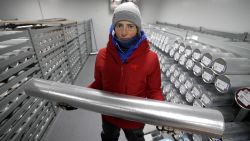
Predicting future climate change using ice cores

Call to Earth: Forests of the Deep



